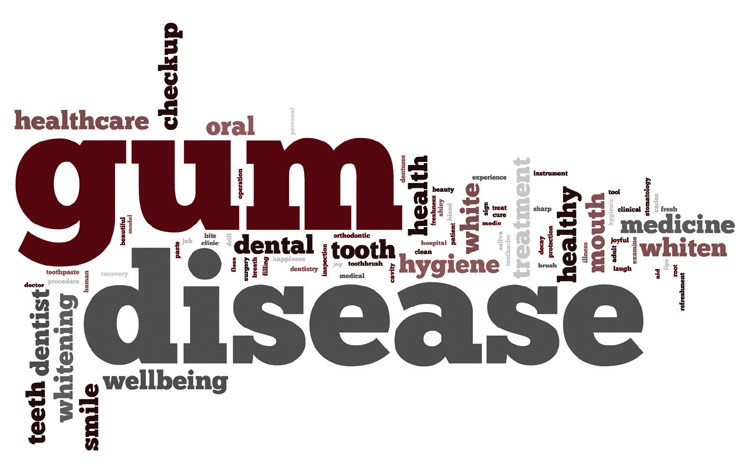
Health News
Features
-
The dangers of gum disease
| Preventing periodontal problems is essential for overall health and well-being | MILLIONS OF AMERICANS have a silent disease working in their mouths and they don’t even know it. It’s periodontal disease — also called gum disease — and it could be doing damage to your health even as you read this. According to the…
-
Local dentist shares the rewards of giving
In the above photo, Dr. William Nerestant and his assistants, Betzi and Joan, smile for the camera before leaving for Jamaica last year on a missions trip to help the less fortunate with their dental needs. THESE DAYS, we think a lot about personal responsibility and giving back. Some of us might donate to a…
Columns
-
Kybella Injections Target Fat in Chin, Neck
If you’re self-conscious about the appearance of your chin and neck area, Kybella might be for you. Kybella is the commercial name for deoxycholic acid, a product that kills fat cells. This acid actually already exists in our bodies, just in the digestive system. It breaks down fats so they’re more easily digested. It can…
-
What is Bell’s Palsy?
By: Edward Attaway, O.D. Bell’s Palsy is a condition in which one side of the face typically experiences temporary paralysis, often lasting from 3-6 months. It results from a dysfunction of the 7th cranial nerve, also referred to as the facial nerve, which controls the muscles on the side of your face. Affected muscles include…
-
When Do You Visit the Doctor for Hives?
Hives are itchy patches of skin that turn into swollen, itchy welts. They can vary in size. Chronic hives are defined as hives that last for more than six weeks and return over the course of months or years. The cause of chronic hives is often unknown. These welts are caused by some reaction that…




